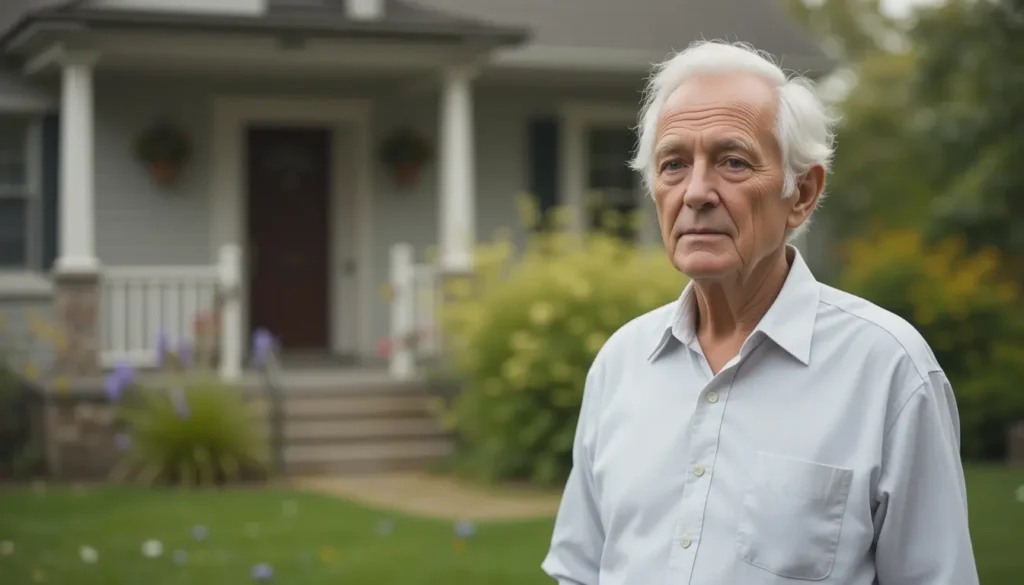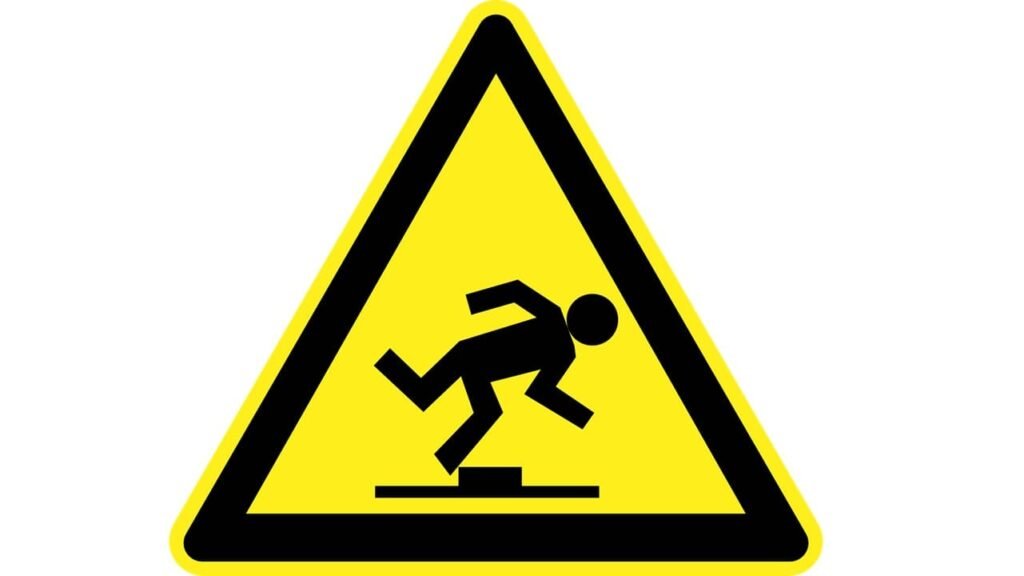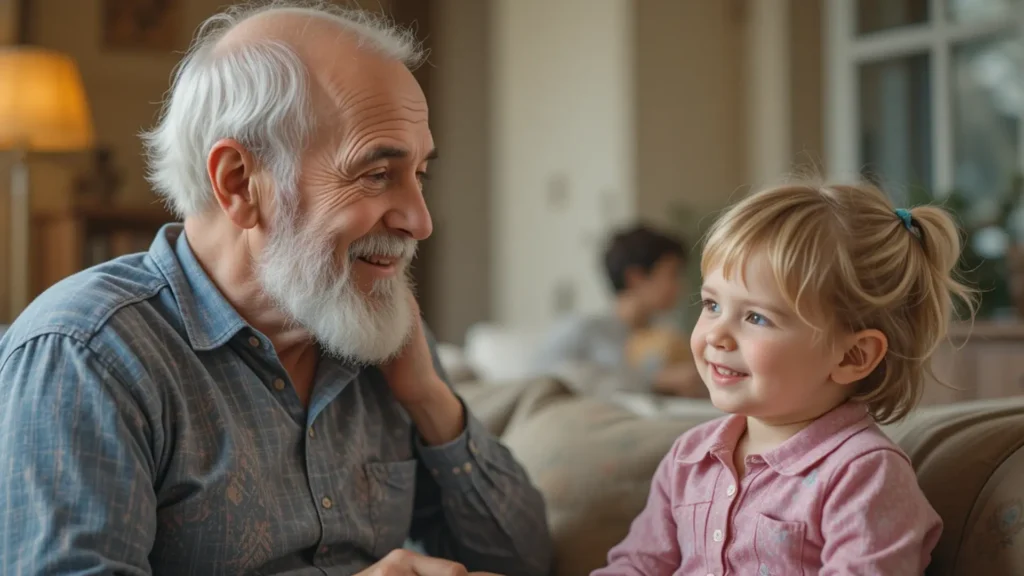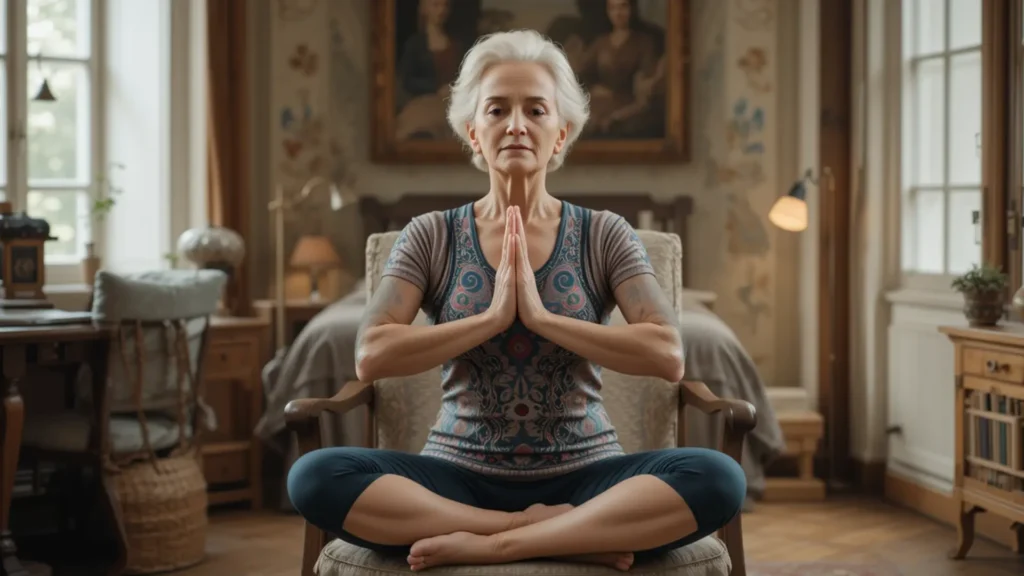The sun came up. The birds sang. The coffee brewed. But no one said good morning. No one asked how you slept. No one laughed at the silly thing on the news. You ate alone. You sat alone. You walked through the day with a quiet that feels too heavy.
This is loneliness. And it is not just sadness. It is a real thing that affects your body, your mind, and your health. If you are a single senior, you are not alone in feeling this. Millions of older adults wake up to this same quiet.
But here is what most people do not tell you: loneliness is not permanent. It can change. And you can take steps—real, simple steps—to feel more connected, more alive, and more in control.
This is not just about making friends or calling family. This is about building a life that feels full, even if you live by yourself. This article will show you how. You will learn why loneliness happens, how it affects your health, and most importantly—what you can do about it.
These are not big, hard fixes. These are small, strong actions that add up. You will read stories of real seniors who changed their days. You will get clear ideas you can start today. And you will feel something shift—maybe just a little at first—inside you. That shift is hope. And hope is powerful.
Loneliness Is Not Just Sadness—It’s a Health Risk
Many people think loneliness is just a feeling. They say, “Just stay busy,” or “Call someone.” But loneliness is more than a mood. It is a signal from your body and mind that something is missing.
When you feel lonely for a long time, your body reacts. Your stress levels go up. Your sleep gets worse. Your heart works harder. Doctors have found that long-term loneliness increases the risk of heart disease, memory problems, and even early death. It is as harmful as smoking 15 cigarettes a day.
But here is the good news: your brain and body can heal. Connection helps. Talking to someone, even for a few minutes, lowers stress. Smiling at a neighbor, joining a group, or sharing a meal—these things send calm signals to your brain. You do not need big events. Small moments of contact matter. A wave. A hello. A shared joke about the weather. These are not small things. They are medicine.
You may think, “I don’t want to bother anyone.” Or, “People don’t want to hear from me.” These thoughts are common. But they are not true. Most people like to connect.
Most people feel good when someone reaches out. You are not a burden. You have value. Your voice, your stories, your presence—these matter to others. The key is to start small. Do not wait for a big change. Start with one small action. That is how new days begin.
You Are Not Broken—You Are Adjusting
Life changes as you get older. Spouses pass away. Friends move or get sick. Children grow up and live far away. These changes are normal. But they leave space. And that space can feel empty. You may miss the old routines—the shared meals, the weekend plans, the daily chats.
That loss is real. Grief is real. But loneliness is not the same as grief. Grief is about missing someone you loved. Loneliness is about missing connection.
You are not broken because you feel lonely. You are human. And humans need contact. It is built into your brain. From birth, we learn through touch, sound, and face-to-face time. As we age, that need does not go away. It stays. But the ways we meet that need must change.
What worked at 40 may not work at 70. That does not mean you failed. It means you are adapting.
Many seniors feel stuck. They say, “I don’t know how to start.” Or, “I don’t have energy.” That is okay. You do not need energy for everything at once. You need one step. One door to open. One group to try. One class to attend.
Think of it like turning on a light in a dark room. You do not need to light the whole house. Just one switch. Then another. Then another. Soon, the room is bright.
Some seniors worry they are “too old” to make friends. That is not true. Friendships can grow at any age. In fact, older adults often form deeper bonds because they are honest, kind, and willing to listen. You do not need ten friends. You need one or two real ones. People who check on you. Who laugh with you. Who remember your name.
You may feel shy. That is normal. Try this: go to the same place at the same time each week. A coffee shop. A park bench. A library. Stay for 20 minutes. Smile at one person. Say “Nice day.” Do this for three weeks. Most people will start to recognize you. Some will say hello first. That is how trust builds. Slowly. Quietly. Without pressure.
Build Your Circle—One Person at a Time
You do not need a crowd. You need a circle. And circles are built piece by piece. Start with what is close. Your neighborhood. Your building. Your doctor’s waiting room. These are places where people see you. Where small bonds can grow.
One woman, 78, lived alone after her husband died. She sat inside for months. Then she started walking to the mailbox every day at 10 a.m. A neighbor saw her. They began to wave. Then talk. Then share coffee once a week. Now, they go to the market together. That started with a mailbox.
Another man, 82, joined a library book group. He did not read much. But he liked people. He went once. Stayed 30 minutes. Left. Went back the next month. Then every week. Now, he picks up two members who have no ride. He feels needed. That feeling keeps him going.
These stories are not magic. They are action. They are showing up. They are saying yes to small things.
Here are simple ways to start:
- Volunteer. Give time at a food bank, animal shelter, or school. You help others. But you also meet people. You talk. You laugh. You feel useful.
- Take a class. Learn to paint. Cook. Use a phone app. Many community centers offer free or low-cost classes for seniors. You learn. You move. You see the same faces.
- Join a club. Walking clubs, gardening groups, prayer circles, card games—these exist in almost every town. Ask at your library, church, or senior center.
- Use the phone. Call someone once a week. Not to ask for help. Just to say hello. Talk about the weather. A TV show. A memory. Keep it light.
- Pet a dog. Visit a friend’s pet. Volunteer at an animal shelter. Pets calm the mind. They give love without words.
You do not have to do all of these. Pick one. Try it for 30 days. See what happens.
Some seniors say, “I don’t want to depend on anyone.” That is strong. But connection is not dependence. It is balance. You give. You receive. That is how life works. You helped others your whole life. Now, let others help you. Let them smile at you. Let them say your name. That is not weakness. That is being part of the world.
Your Mind Can Heal—And So Can Your Days
The brain is like a muscle. The more you use it for positive things, the stronger it gets. Loneliness can make your thoughts dark. “No one cares.” “I’m alone.” “It won’t change.” These thoughts feel true. But they are not facts. They are habits. And habits can be changed.
Start by noticing your thoughts. When you think, “I have nothing to do,” ask: Is that true? Or is it just a feeling? Then, add one small fact. “I can call the library.” “I can walk to the store.” “I can text my niece.”
Small facts break big lies.
Another tool: write down three good things each day. Not big wins. Small ones. “The sun felt warm.” “The cashier smiled.” “I made tea.” Do this for 10 days. Your brain will start to look for good things. It will train itself to see more light.
Movement helps too. Stand up. Stretch. Walk around the block. Open a window. Look at trees. Your body and mind are linked. When your body moves, your mood lifts. You do not need to run. Just move.
One senior, 85, started watering a neighbor’s plants while they were away. It was one pot. One minute a day. But it gave her a reason to go outside. She started noticing birds. Then flowers. Then people. She began to wave. Then talk. Then join a garden group. That one plant changed her year.
You do not need a big plan. You need one action. One “yes.” One step out the door.
And if you feel too low to start, ask for help. Talk to your doctor. Call a senior hotline. Many places offer free counseling. You do not have to fix everything alone. Help is not failure. It is smart.
You Are Not Alone—And You Never Were
Loneliness lies to you. It says you are the only one. It says no one cares. But that is not true. Millions of seniors feel this way. And millions have found ways through. They did not wait for a miracle. They took small steps. They said yes to one thing. Then another. Then another.
You can do this too.
Start today. Not tomorrow. Not when you “feel better.” Today.
Walk to the mailbox. Call a cousin. Sit in the park. Say hello to the person next to you at the pharmacy.
Each act of contact is a win.
You are not broken. You are not weak. You are a person who has lived, loved, and lost. And you still have so much to give.
Your voice matters. Your smile matters. Your presence matters.
The world needs people like you—people with wisdom, patience, and kindness.
You do not need to be loud. You do not need to be perfect. You just need to show up.
And when you do, you will find something: people respond. They smile back. They say hello. They remember your name.
That is connection.
That is home.
And it is waiting for you—just outside your door.
You do not have to fix your whole life today. You do not have to make five friends or join three groups. You only need one small step. One choice. One moment of courage.
Try this: before you go to bed tonight, think of one thing you can do tomorrow to connect. It can be tiny. “I will sit outside for 10 minutes.” “I will call my sister.” “I will go to the library.”
Write it down. Then do it.
That is how change starts.
That is how loneliness loses.
You are stronger than you know. And you are not alone.
Start small.
Start now.
Your next chapter is ready.




